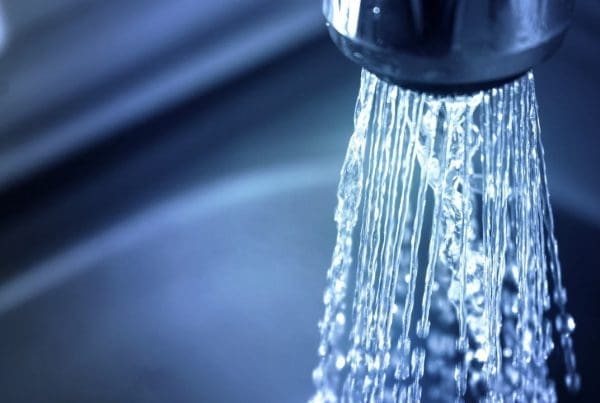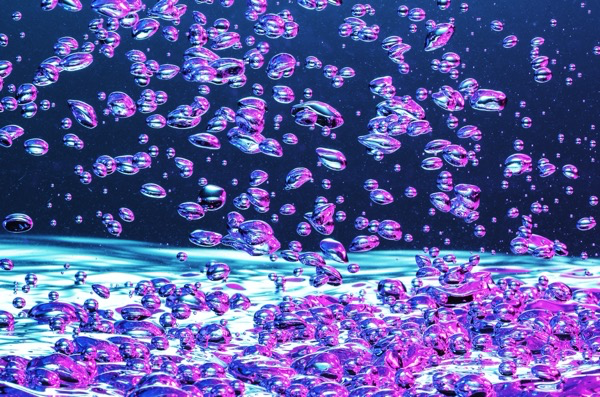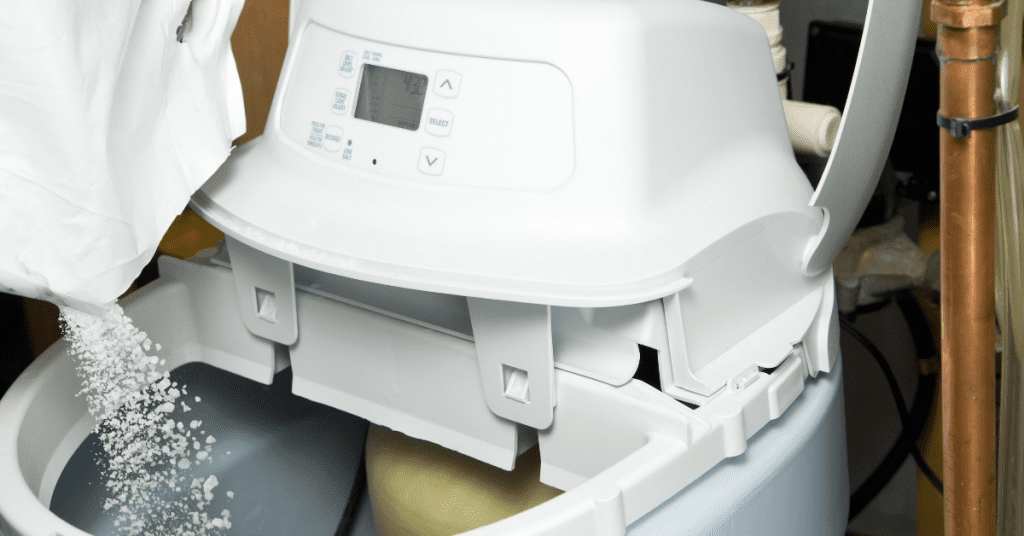 Water softeners are essential household devices that can significantly improve the longevity and performance of your home appliances. This system works by removing hard minerals like calcium and magnesium from your water – the culprits behind what we commonly refer to as ‘hard water‘. These naturally occurring minerals can be harmful if consumed in large quantities and can negatively impact various aspects of daily life.
Water softeners are essential household devices that can significantly improve the longevity and performance of your home appliances. This system works by removing hard minerals like calcium and magnesium from your water – the culprits behind what we commonly refer to as ‘hard water‘. These naturally occurring minerals can be harmful if consumed in large quantities and can negatively impact various aspects of daily life.
Experiencing the problems caused by hard water can indeed be a nightmare. It’s a widespread issue in many areas of the world, and it can cause considerable discomfort if you don’t know how to tackle it effectively. In this post, we aim to provide you with all the information you need about hard water, the benefits of water softeners, and how to eliminate the issue for good, thereby ensuring a healthier and more efficient home.
The Detrimental Effects of Hard Water
When you have hard water, the minerals are left behind on all surfaces they come into contact with, reducing their lifespan. Hard water can cause damage to your home’s appliances. The minerals in hard water are left behind on all surfaces they come into contact with, reducing their lifespan over time. This can be especially problematic for dishwashers, washing machines, and other laundry appliances because they operate at high temperatures that further accelerate wear and tear on the machine’s components.
Improving Appliance Performance with Soft Water
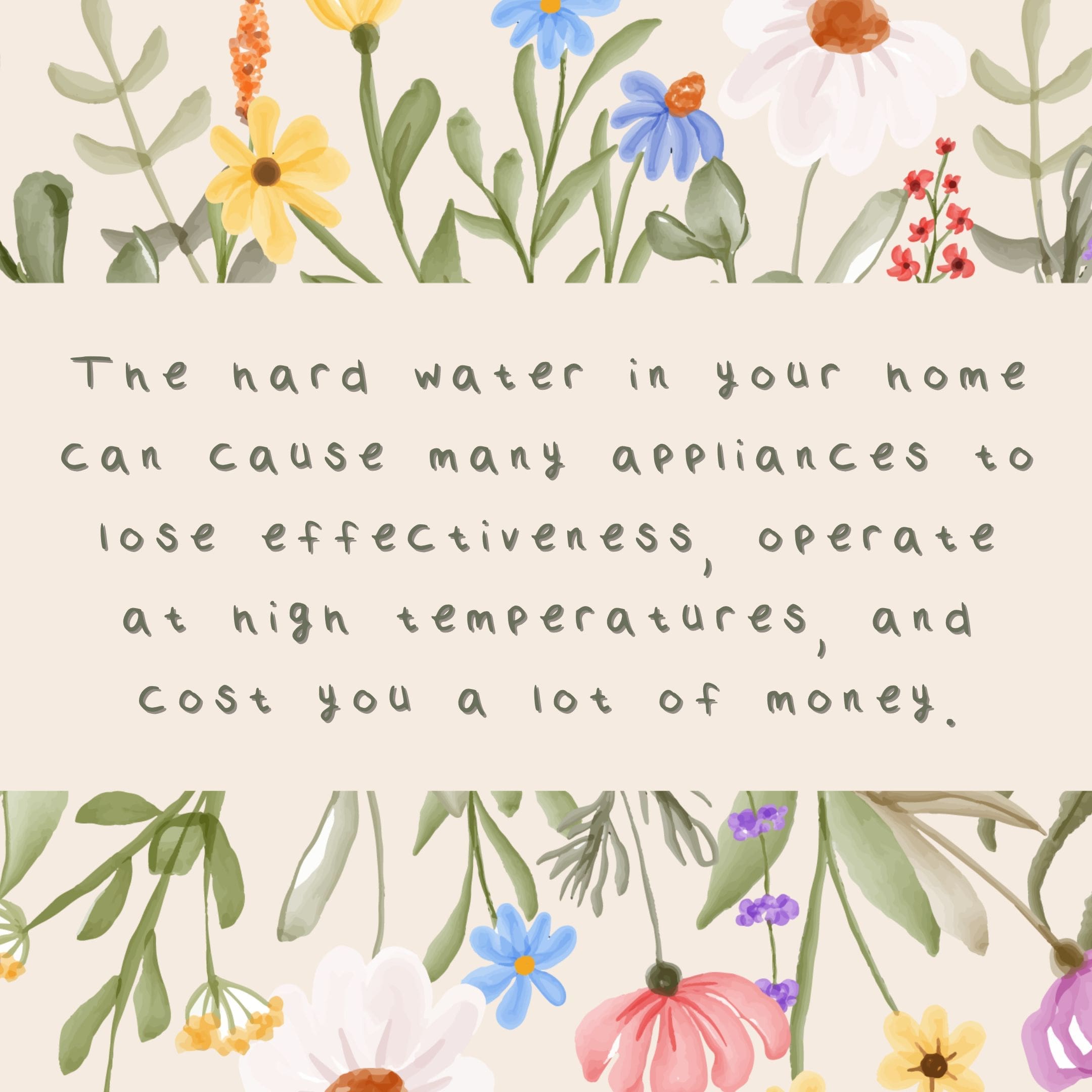
The hard water in your home can cause many appliances to lose effectiveness, operate at high temperatures, and cost you a lot of money. If you have hard water, the appliances in your home could be working better. As hard water leaves mineral deposits on everything it touches, the effects can be felt in everything from laundry to dishwashers and toilets.
Hard water is a problem for many homeowners. The hard minerals in your water can cause many appliances to lose effectiveness, operate at high temperatures, and cost you extra money. The minerals left behind on all surfaces they come into contact with can cause serious damage to your house and its plumbing system.
A water softener uses salt to remove calcium and magnesium in your water, preventing it from rusting everything in your home—including appliances like dishwashers and washing machines.
The Role of Water Softeners
A water softener can remove the hard minerals from your water and prevent it from corroding everything in your home. They use salt to remove calcium and magnesium, the two main causes of home scale buildup. If you have hard water, you’ll probably notice that soap doesn’t lather well when used with it or that there is a layer of white residue on your dishes when they dry after being washed. These minerals have been deposited onto surfaces as they pass through pipes and faucets.
In addition to preventing damage to plumbing fixtures, a properly installed and maintained water softener will save money by reducing or eliminating product purchases such as cleaning solutions or laundry detergents with bleach content.
Cost-Saving and Health Benefits of Water Softeners

Hard water has minerals left behind on surfaces, like your washing machine. These mineral deposits can build up and cause your appliances to work harder than they should, shortening their lifespan and increasing energy use.
Soft water is water that doesn’t have any minerals dissolved in it. Minerals are usually dissolved in hard water because the water comes from a well, and the minerals are naturally in the ground where the well is located.
Soft water won’t require more cleaning or maintenance, and this can reduce the need for cleaning products in your home. With soft water, you’ll never have to worry about “hard water” that leaves your skin dry and itchy. People with hard water suffer calcium and magnesium in their homes, leading to clogged pipes and issues.
Soft water is also better for your skin. The minerals in hard water can irritate your skin and cause it to dry out, resulting in acne and other problems. By switching to soft water with an ion exchange system, you can prevent these issues from ever happening.
The Long-Term Investment: Installing a Water Softener
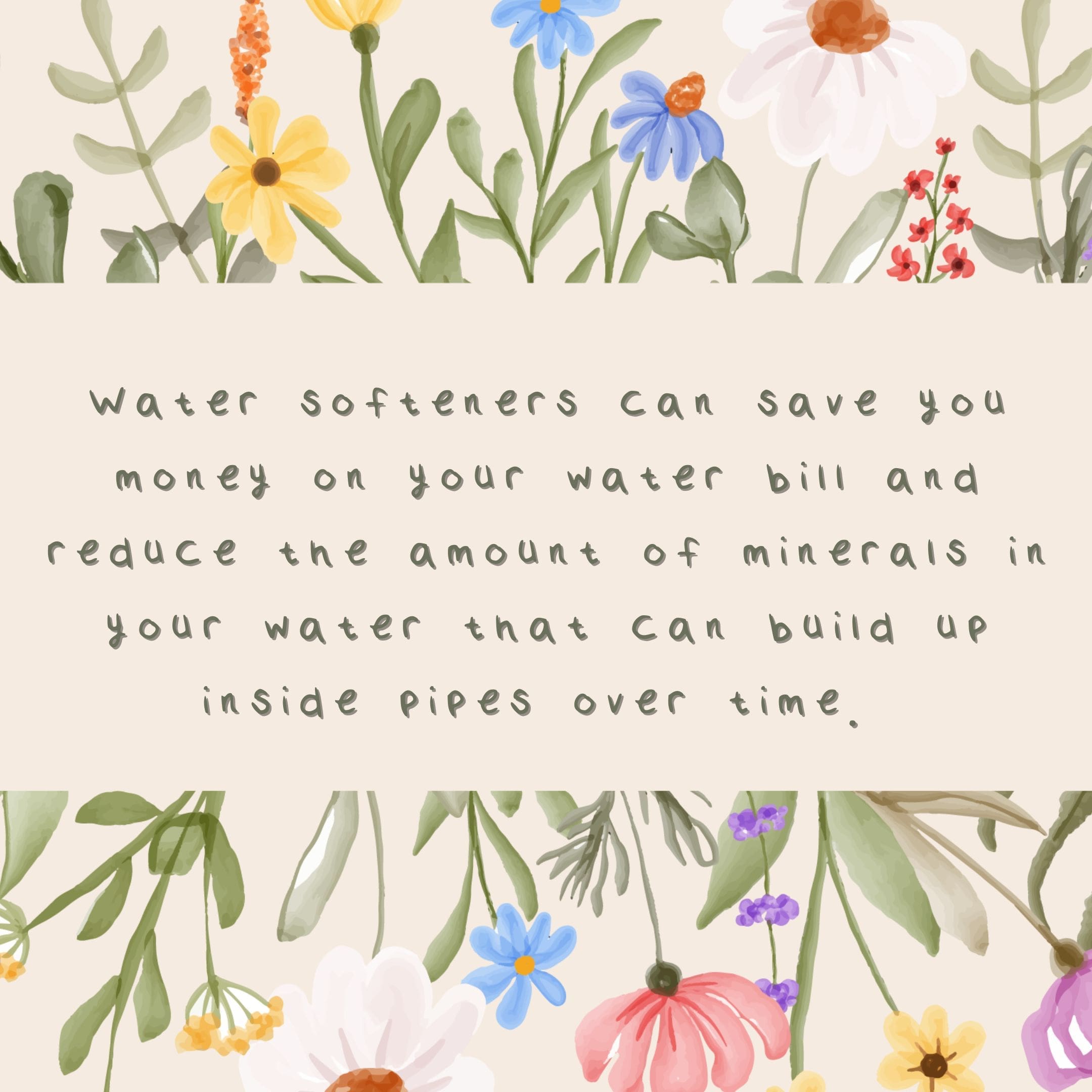
If you want to save money on cleaning products and improve the performance of your appliances, a water softener is worth looking into. Water softeners can save you money on your water bill and reduce the amount of minerals in your water that can build up inside pipes over time. This will improve the lifespan of these pipes and can prevent them from bursting or leaking underneath floors, walls, and ceilings.
A water softener is an excellent choice for homes with hard water. They remove calcium, magnesium, and other minerals from the water supply, making it easier on your home’s plumbing system. This can extend the life of faucets, showerheads, and toilets by reducing buildup inside them over time. It also helps prevent limescale build-up inside dishwashers and washing machines by preventing mineral deposits from forming in these appliances’ internal parts and externally on their surfaces (for example, on glassware).
The hard water in your home can cause many appliances to lose effectiveness, operate at high temperatures, and cost you a lot of money. A water softener can remove the hard minerals from your water and prevent it from rusting everything in your home. Water softeners use salt to eliminate calcium and magnesium in your water when too many of these minerals are present. When you have hard water, the minerals are left behind on all surfaces they come into contact with, which reduces their lifespan. Contact C and J Water today to save money and have quality water!


